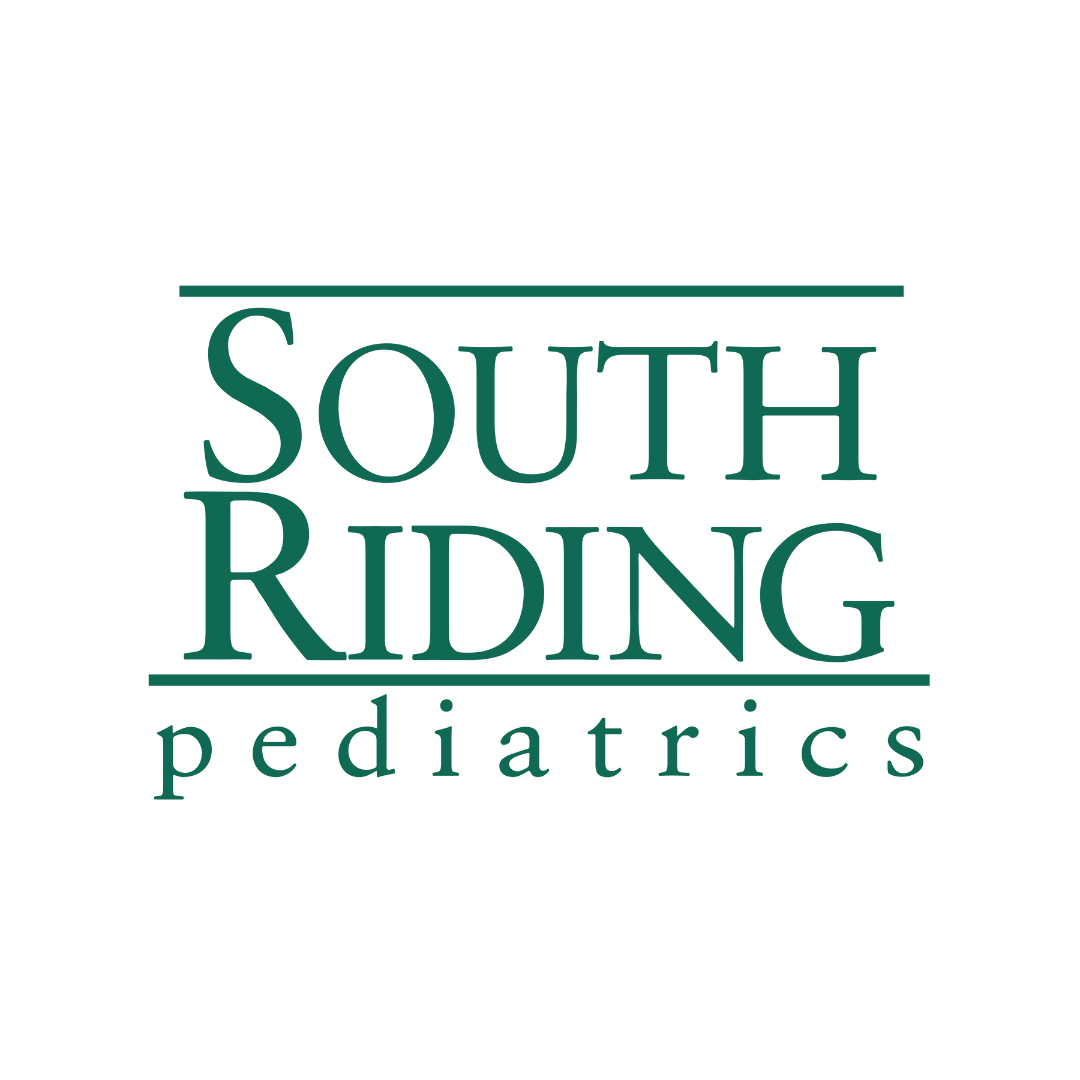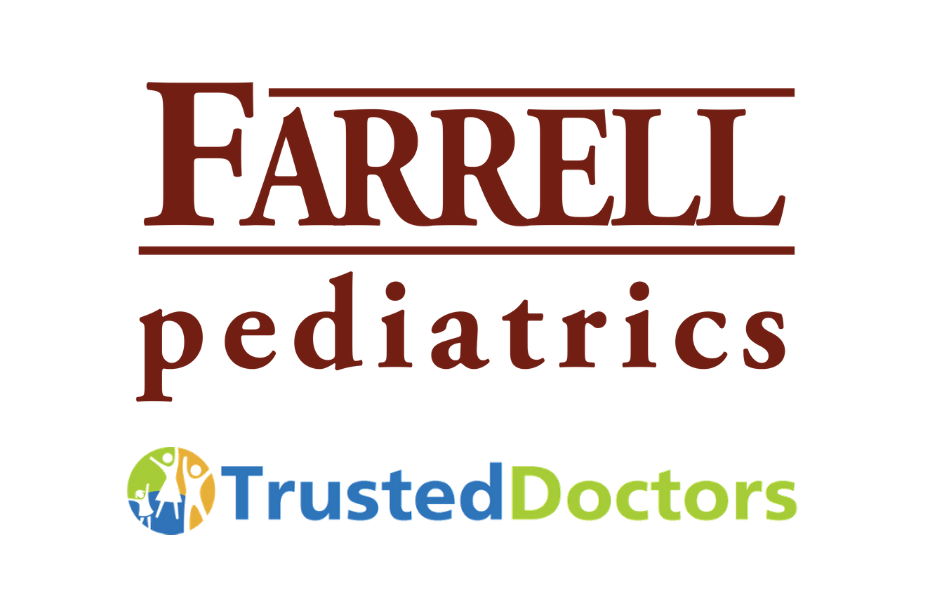Hospitals where we have admitting privileges
Stone Springs Hospital Center
Please note that as of Saturday, November 14, 2020, Farrell and South Riding Pediatrics will no longer round on newborns at INOVA Fair Oaks or Reston Hospitals. Newborns born at these hospitals will be seen by hospitalist pediatricians and advised when to make a first appointment with our office. We apologize for any inconvenience and look forward to seeing all newborns in the office.
Share Feedback
Our goal is to provide the very best service and we are always looking for ways to improve. We are looking to gain feedback on our practice so that we can enhance your experience.
STAY CONNECTED
Help us stay better connected by signing up for our email newsletter featuring helpful links, important reminders, upcoming events and messages from the doctors.
Our Sister Practice

South Riding Pediatrics
25055 Riding Plaza Ste 150
South Riding, VA 20152
Useful Links
Copyright© 2024 Farrell Pediatrics. Website developed & Maintained by The Market Group, Inc.
